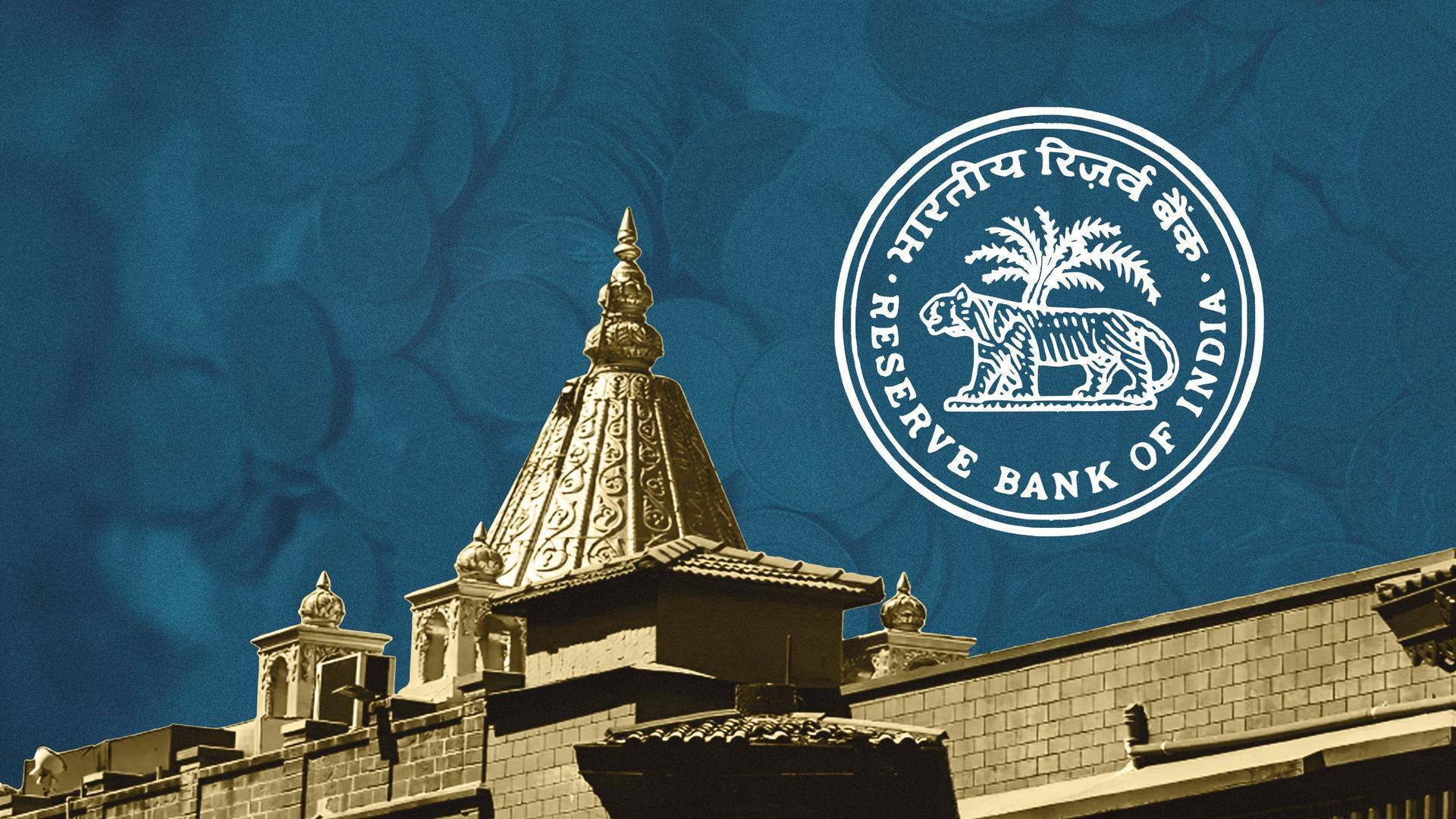
Banks decline coins from Shirdi's Saibaba temple citing space crunch
What's the story
Banks are reportedly struggling to accommodate the huge amount of coins received by Shirdi's Saibaba temple as donations in Maharashtra. Four state-owned banks in Shirdi have stopped accepting coins from the Shirdi Saibaba Sansthan Trust (SSST), the temple's governing body. Given the circumstances, the trust has now decided to write to the Reserve Bank of India (RBI), seeking its intervention in the matter.
Context
Why does this story matter?
Sai Baba was a saint in colonial times revered by Hindus and Muslims alike. Although there are temples dedicated to him all over the world, the one in Shirdi is famous as his burial site and is visited by thousands of devotees every day. In 2022, the SSST received over Rs. 400 crore in donations and got a tax exemption of Rs. 175 crore.
Banks
Decided to approach other banks in the district, state: Trust
Notably, the SSST has accounts in 13 branches of various state-owned banks in Shirdi and one in Nashik. These banks collectively have Rs. 11 crore of the SSST only in the form of coins. SSST chief executive officer Rahul Jadhav said the trust has decided to approach banks in other parts of Ahmednagar district, under which Shirdi falls, as well as Maharashtra.
Details
Trust's monthly collection in coins is Rs. 28 lakh
According to TOI, the trust's monthly collection in coins, from 50 paise to Rs. 10, is around Rs. 28 lakh. The trust had some relief during the lockdown, however, the temple's average daily footfall has climbed back to around 50,000. Every month, representatives from each bank where the SSST has an account pay a visit to the temple to collect donations.
Offer
SSST offered rooms in temple premises to store coins
The banks had raised the same issue with the SSST in 2019. In response, the SSST offered them rooms within the temple premises to store coins. However, the banks declined the offer as the rules did not permit it. An official from a bank where the SSST has an account said the coin bags were kept outside the strongroom because of a space crunch.